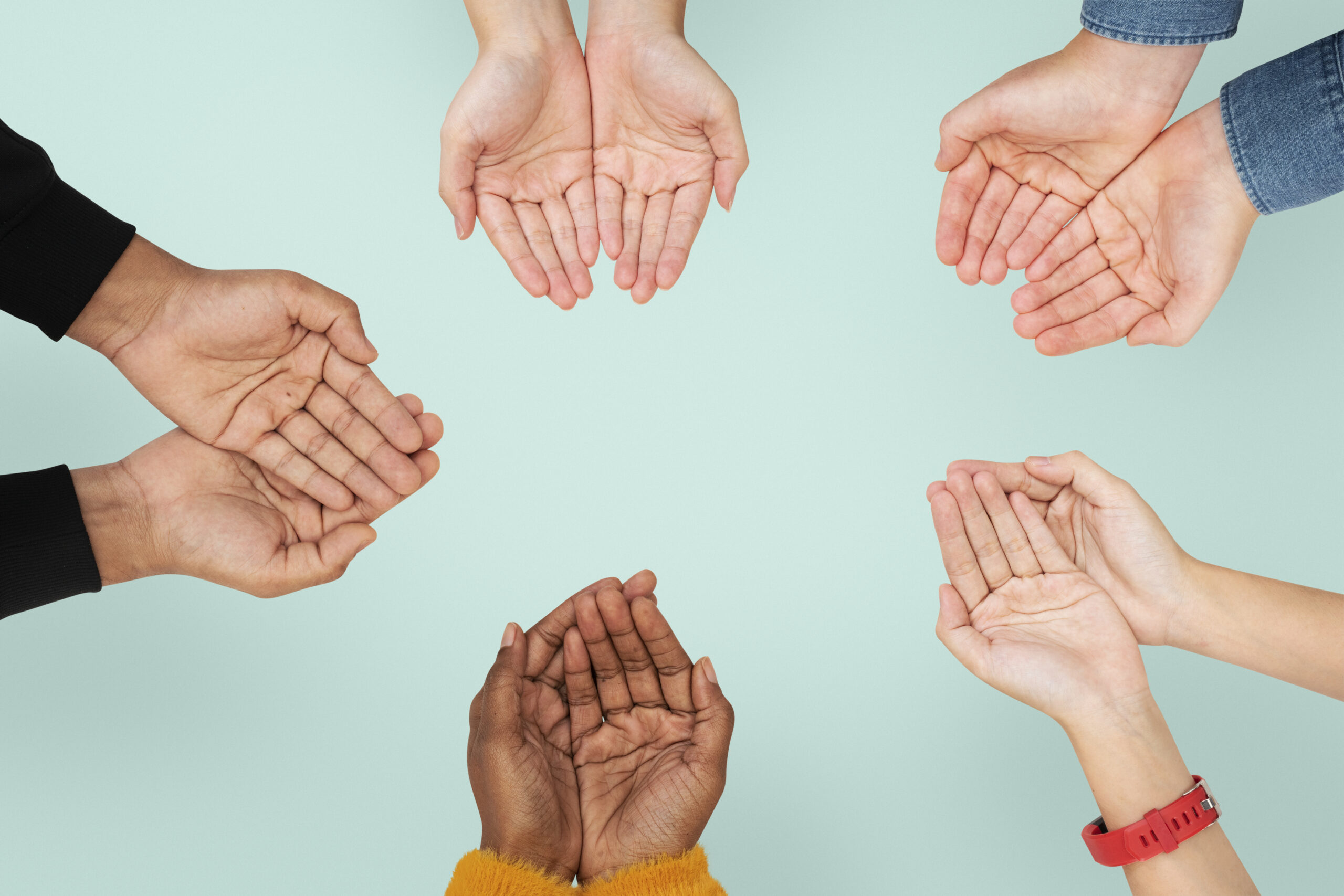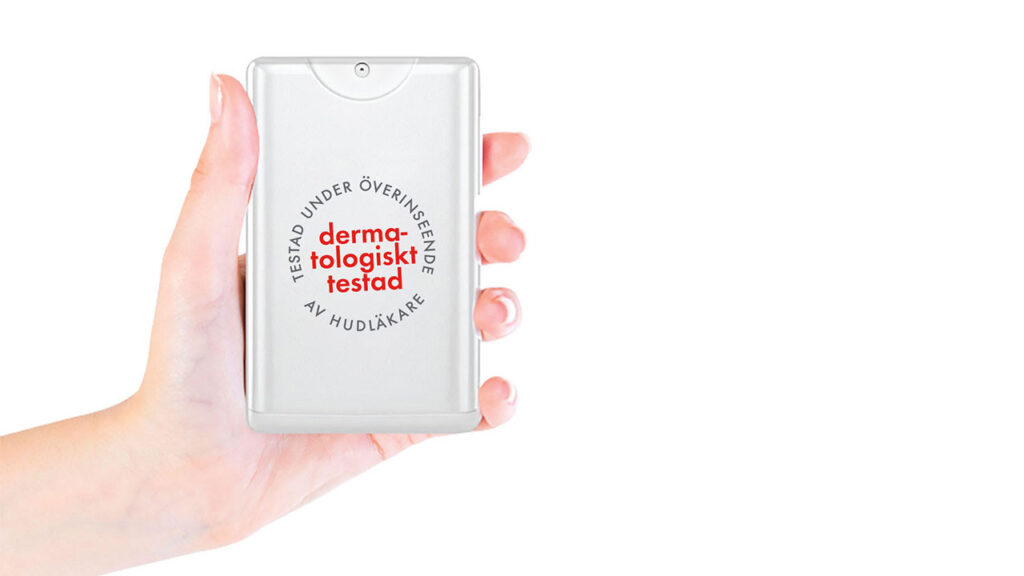
We use our hands for a wide variety of daily actions and activities. These actions are essential for our daily routines, communication, self-care, work, and leisure. Here are some common daily actions that involve the use of our hands:
- Personal Hygiene:
- Washing and scrubbing our hands
- Brushing our teeth
- Combing or styling our hair
- Shaving (for some individuals)
- Eating and Drinking:
- Preparing meals
- Cutting, chopping, and slicing food
- Holding utensils (forks, knives, spoons)
- Sipping from a cup or glass
- Communication:
- Typing or texting on keyboards or touchscreens
- Writing with pens or pencils
- Gesturing while speaking
- Using sign language (for individuals who are deaf or hard of hearing)
- Work and Productivity:
- Operating computers, laptops, and other electronic devices
- Using tools and equipment for various professions
- Assembling, sorting, and handling objects in manufacturing and production
- Household Chores:
- Cleaning, dusting, and wiping surfaces
- Doing laundry, including folding and ironing clothes
- Gardening and yard work
- Repairing and maintaining household items
- Childcare:
- Feeding, changing diapers, and dressing infants
- Playing with and comforting children
- Self-Care:
- Dressing and undressing
- Applying makeup (for some individuals)
- Tying shoelaces or fastening buttons and zippers
- Leisure and Hobbies:
- Playing musical instruments
- Creating art (e.g., drawing, painting, sculpting)
- Playing sports and games
- Crafting, knitting, or sewing
- Driving:
- Steering the vehicle
- Operating controls (e.g., turn signals, gear shifts)
- Gripping the steering wheel
- Expressing Affection:
- Hugging, holding hands, and physical gestures of love and friendship
- Emergency Responses:
- Dialing emergency services
- Performing basic first aid and CPR
- General Manipulation:
- Picking up, grasping, and manipulating objects of all shapes and sizes
Our hands are incredibly versatile and crucial for our ability to interact with the world around us. The specific actions we perform with our hands can vary widely depending on our individual lifestyles, professions, and personal preferences.
Our hands are incredibly sensitive and capable of detecting a wide range of sensory information. The sensitivity of our hands is primarily due to the presence of a large number of sensory receptors, including:
- Mechanoreceptors: These receptors respond to mechanical stimuli, such as pressure, touch, and vibration. They are found throughout the skin on our hands and are responsible for our ability to feel textures, shapes, and the pressure of objects against our skin.
- Thermoreceptors: These receptors detect temperature changes and help us perceive hot and cold sensations. They are especially concentrated in our fingers and fingertips.
- Nociceptors: Nociceptors are pain receptors that signal when we experience tissue damage or potentially harmful stimuli. They are distributed throughout our hands and play a crucial role in protecting us from injuries.
- Proprioceptors: These receptors are found in our muscles, tendons, and joints and provide us with a sense of where our hand is in space (proprioception). This helps us with tasks like grasping objects without having to constantly watch our hands.
- Baroreceptors: While not exclusive to the hands, baroreceptors help us maintain blood pressure and detect changes in pressure within our blood vessels. They are present in various parts of the body, including the hands.
The combination of these sensory receptors allows our hands to perceive a wide range of sensations with remarkable precision. This sensitivity is essential for activities such as fine motor control, object manipulation, and our ability to interact with the environment. It also enables us to experience the tactile pleasures of touch, such as the softness of a pet’s fur or the smoothness of a well-crafted object.
Let’s take a moment to appreciate the significance of our hands in our daily lives, considering how incredibly sensitive they are. Given their importance, it’s only logical to exercise extreme caution when choosing the chemicals we apply to our skin.
At Hygiene of Sweden, we have a profound admiration for hands, and we are dedicated to spreading the concept of keeping them clean without any adverse effects on the skin.
In today’s world, many people rely on ethanol-based hand sanitizers in various environments beyond the bathroom. However, it’s important to note that ethanol is a potent solvent that can lead to skin dryness over time. Our skin, being both sensitive and a vital part of our immune system, deserves careful consideration.
It’s crucial to make informed choices about what you expose your hands to, and they will undoubtedly show their gratitude.
BioPolymer+ by Hygiene of Sweden offers an ethanol-free hand disinfectant meticulously crafted with the well-being of your skin in mind. This makes our product a perfect companion for your hands.
Maintaining clean hands doesn’t need to result in stickiness, unpleasant odors, or dryness.
Discover more about our clinically documented formula, which has also undergone dermatological testing, at

Use disinfectants safely. Always read the label and product information before use.
Biocider ska användas på ett säkert sätt. Läs alltid igenom etiketten och produktinformationen före användningen.


